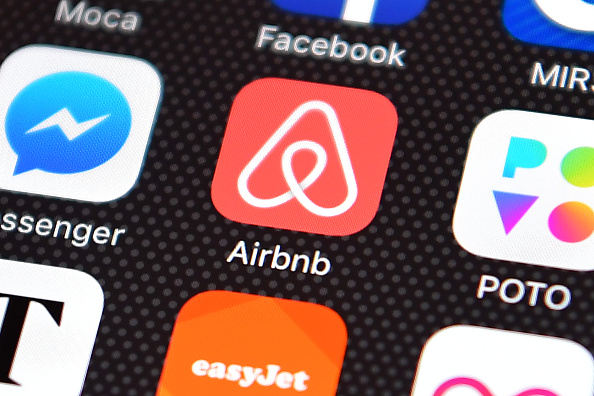Airbnb’s adolescence will be defined by its ability to grow

As Airbnb celebrates its fourteenth birthday this week, it might be time to reflect on what adolescence means for one the world’s teenage tech firms. The accommodation platform was born in 2007; the same year Steve Jobs launched the iPhone to the world, Netflix moved from physical media to streaming and the Amazon Kindle launched. In short, it was a very different world.
The early years for Airbnb were sheltered. The platform was able to grow in the loving arms of venture capital and private equity. Firms like famed Silicon Valley investor Andreessen Horowitz and established asset managers like T Rowe Price threw money at the young start-up. With low interest rates everywhere, capital readily flowed to promising ventures like Airbnb.
However, the firm’s life to date has not been without hardship or challenge. The pandemic sent bookings via the platform plummeting as travelers stayed at home. Despite these challenges, the firm went ahead with an IPO in December 2020. Even against the backdrop of Covid-19, it had a successful float with its share price doubling overnight.
With a market capitalisation of some $73bn, the company needs to prove itself as a grown-up. As it continues to grow, so will the expectations of policy makers and regulators. Regulators may also begin to listen more closely to those who are concerned about the impact of platforms like Airbnb on their communities. Inside Airbnb describes itself as “a mission driven project that provides data and advocacy about Airbnb’s impact on residential communities”.
Those working with the project claim the platform has “driven up rents, caused damage to urban communities, and wrecked affordable social housing programmes”. But these charges have had little impact on the company’s valuation.
To date, with the exception of a handful of cities, Airbnb has managed to continue to grow without being subjected to overly burdensome regulation. Indeed the firm and its peers have been heralded by politicians as innovative icons. Liz Truss, who remains the favorite to be the next prime minister is among them; in 2018, the then Chief Secretary to the Treasury wrote “Britain is a nation of Uber-riding, Deliveroo-eating, Airbnb-ing freedom fighters”.
Regardless of the outcome of the Tory leadership election, Airbnb will have to address the concerns of those like Inside Airbnb; the future of the gig economy really depends on the wishes of regulators in Washington and Brussels rather than in Westminster. Airbnb is unlikely to continue to enjoy the kind of growth that it has done to date if subject to regulatory constraints that cap or punitively tax listings.
Part of growing up is recognising your role in the world. Airbnb may have more work to do here. The company’s prospectus documents spoke meaningfully about the need for Airbnb to “serve the communities in which we operate” and through its Open Homes initiative it has helped to house refugees and those impacted by natural disasters. If this will be enough to appease the company’s opponents remains to be seen.
As the cost of the living squeeze tightens, people facing rent rises will either see platforms like Airbnb as the enemy and contributing to the pinch or an opportunity to bring in some extra cash. It is for regulators to determine and shape that response. All that is certain is that like other members of Gen Z, Airbnb is set to see its teenage years in turbulent economic times. Anyway, Happy Birthday to you Airbnb.
